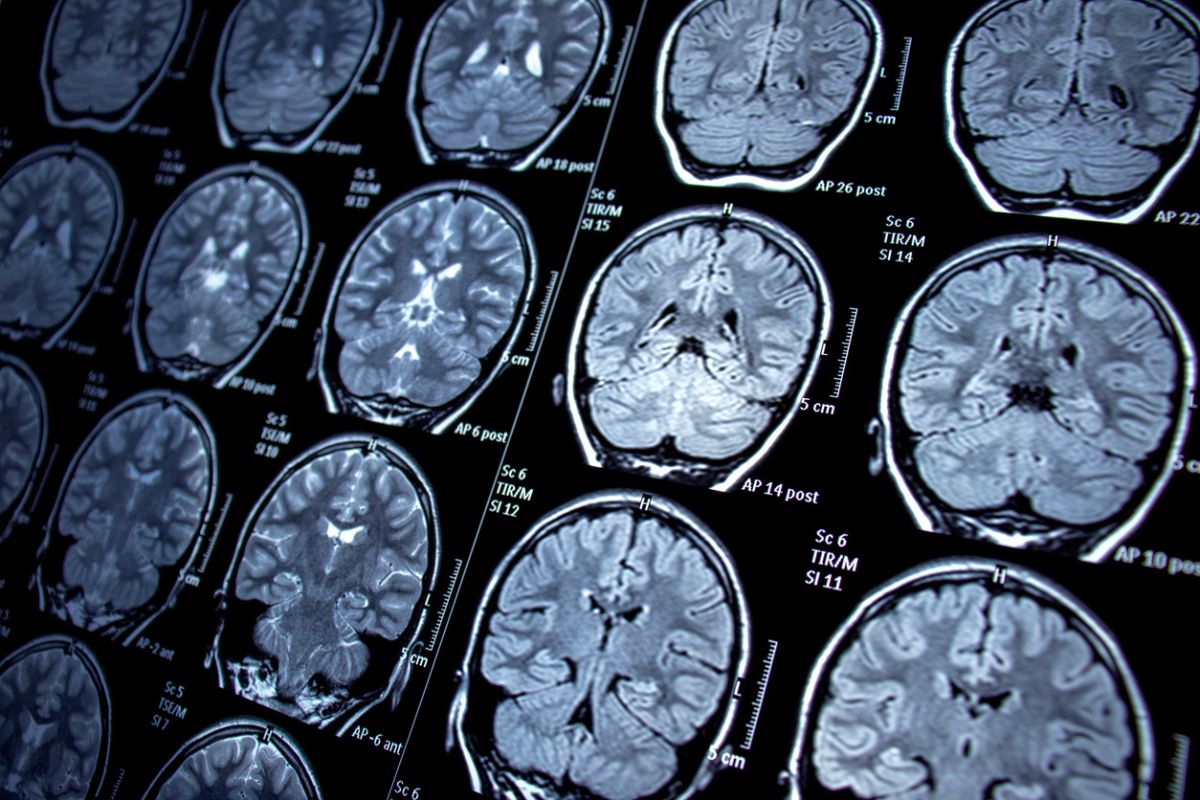Contrary to popular belief, post-traumatic stress disorder doesn’t just haunt veterans. It’s a scourge that will threaten at least 6 percent of Americans at some point in their lives, according to the U.S. Department of Veterans Affairs. In fact, sexual violence persists as the leading cause of PTSD, accounting for a third of cases every year.
For years, treatment remained time-consuming at best – a fumbling process of trial and error – and, at worst, frustratingly elusive. But, as recently as late last year, MDMA emerged as a promising new treatment alternative.
As we reported in September on one clinical trial, “nearly 90 percent of subjects who took the special MDMA-assisted therapy reported significant improvement. Almost half were considered fully recovered by the end of the trial. In comparison, in the group that didn’t get the MDMA therapy, only about 21 percent of subjects reached full recovery.”
Upon Further Review…
But now, some are questioning results like these. The Institute for Clinical and Economic Review (ICER), an independent nonprofit, that examines “evidence on the effectiveness and value of drugs and other medical services,” published a revised report this week that some of the clinical trials that appeared to back up the efficacy of MDMA as a PTSD treatment might have been tainted.
“While MDMA-AP may be a promising therapy for PTSD, functional unblinding in the clinical trials and additional concerns around trial design and conduct led to ICER concluding that the publicly available evidence is insufficient to assess the balance of benefits and harms,” ICER Chief Medical Officer David Rind, MD, explained in a press release. “It will be incumbent on regulators with complete access to primary data to carefully evaluate whether MDMA-AP has been proven safe and effective.”
The reviewers also discussed reservations about some therapists who – according to anecdotal evidence – encouraged participants to file favorable reports and stifled negative reports. The researchers suggested it might hint at a bias in the findings.
Side Effects Remain a Concern
Even MDMA’s most ardent defenders concede the treatment isn’t without risks. Some individuals might experience increased heart rate and blood pressure, nausea, sweating, and jaw clenching as immediate effects of MDMA. Prolonged use or high doses can lead to more severe side effects. Those can include dehydration, overheating, serotonin syndrome, and potential long-term cognitive and emotional effects. Given the relatively small study size, regulatory agencies will likely want additional research to validate its safety and long-term efficacy.
So, it’s not surprising that ICER took issue with these risks in its report, too. The researchers pointed to some study participants who suffered severe side effects. They also identified a gap in reporting.
“There seems to be some disconnect between the reporting of these harms in the clinical trials and what we heard from patients,” the authors wrote. “However, it is possible that this is due to the timing of evaluation measures rather than deliberate attempts to suppress these reports.”
Worse still, the report’s authors brought up additional safety concerns.
“Based on public reports, there is no question that, despite the trial requiring dual treatment by one male and one female therapist, boundaries, including sexual boundaries, were severely crossed with at least one patient in a Phase II trial,” they wrote. “We heard from multiple experts about the concerns this raises for treatment outside of clinical trials. Nearly everyone we spoke with discussed how MDMA breaks down barriers, heightens suggestibility, and creates a substantial risk with any therapists who might choose to take advantage of patients.”
What Does it Mean for Future PTSD Treatment?
The U.S. Food and Drug Administration (FDA) announced a planned meeting of the Psychopharmacologic Drugs Advisory Committee on June 4 to “discuss a new drug application for MDMA capsules, submitted by Lykos Therapeutics, for the treatment of post-traumatic stress disorder.” The committee plans to consider the pros and cons of MDMA treatment.
It’s unclear – and probably too early to tell – how ICER’s report might influence the outcome of that meeting. But the agency expects to render a final decision in August.
Further Reading
MDMA-Assisted Therapy May Be the Next Frontier in PTSD Treatment
Legalizing MDMA for PTSD Treatment: Phase 3 Clinical Trial Results


